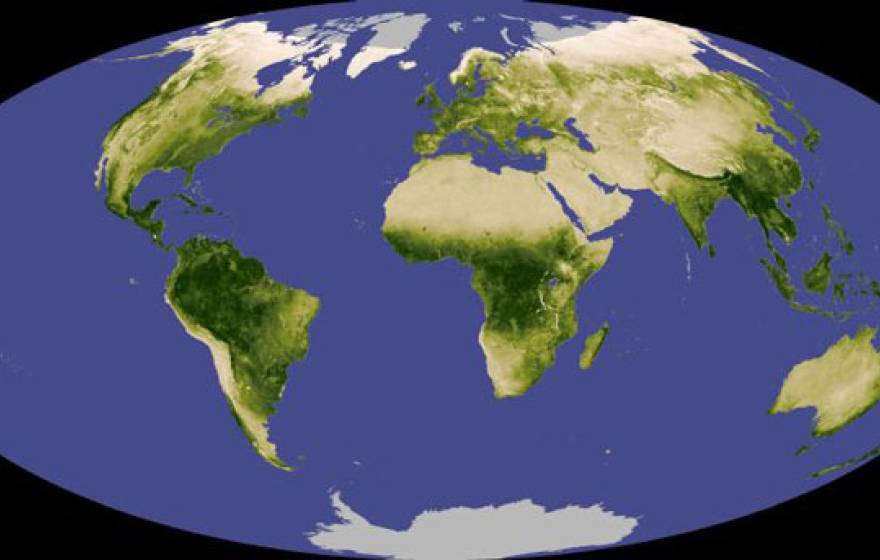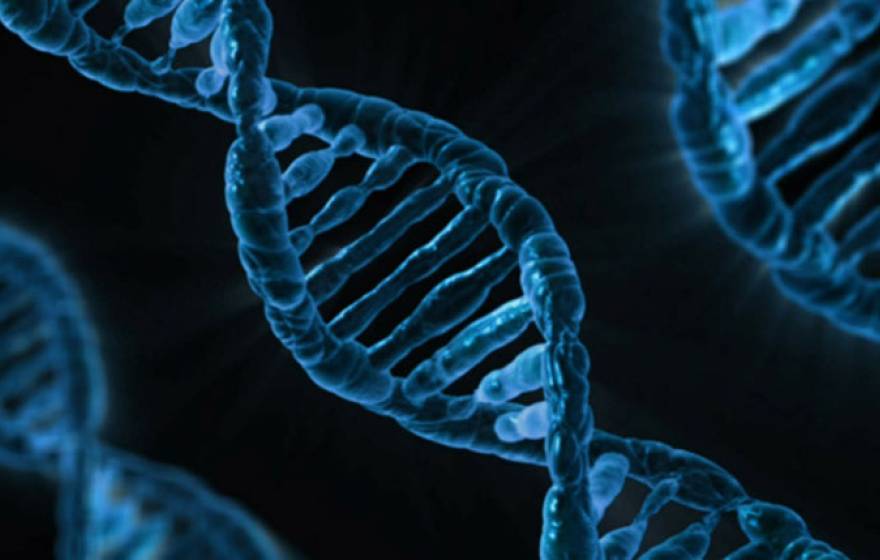Among the select few chosen by NASA to put a project on the moon, campus scientists now race to get ready.
It's about time: Scientists figure out the length of a day on Saturn
Thanks to data from NASA's Cassini spacecraft, astronomers are stumped no longer.
Can space help us understand our cells?
A UCLA scientist looks to space for possible treatment of some neurological diseases.
UCLA students launch project that’s out of this world
More than 250 UCLA undergrads have designed and built a small satellite that will study weather in space.
Space probe to plunge into fiery corona of the sun
Carrying instruments built by Berkeley scientists, NASA plans to launch Earth’s first spacecraft to venture inside the orbits of Venus and Mercury to touch the very edge of the sun’s fiery corona.
How Sally Ride shattered the ultimate glass ceiling
UC astronauts like Sally Ride paved the way for women at the highest level: space.
Could atmospheric seasons signal alien life?
Seasonal changes in the Earth’s atmosphere are guiding researchers in their search for extraterrestrial life.
How ‘junk’ DNA plays a role in cancer
Nearly 200 mutations have been identified that play a functional role in cancer, opening new avenues for treatment.
Remembering Stephen Hawking
UC Santa Barbara physicists reminisce about collaborating on many projects with the Cambridge legend.
Some black holes erase your past
You could be freed into infinite futures — if you step into the right kind of black hole.
A new era in astronomy: First observations of merging neutron stars
A UC Santa Cruz team provides the first-ever visual evidence of the source of gravitational waves.
UC Berkeley alum Barry Barish wins 2017 Nobel Prize in Physics
His work on the discovery of gravitational waves helped prove Einstein's general theory of relativity right.











